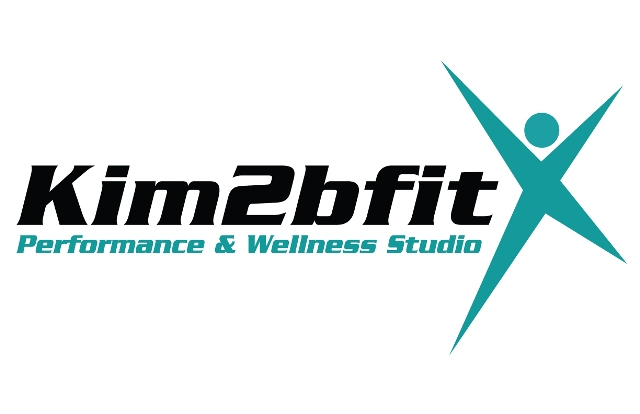
Posture's Impact on Health
By Marty Kestin
Why is posture so important to health yet overlooked in our society?
Medicine has forgotten the value of good posture and what it represents. Good posture signifies a healthy body. Medicine is so specialized it overlooks the fact all the systems in the body are motion dependant. The body functions as a whole and should be addressed as such. As a result Americans have their symptoms treated piecemeal with drugs and surgery and get sicker as they age. We see our health, our parents health and the health of loved ones slowly deteriorate. We can however take control of our health, be responsible for our wellness and feel great.
Improving your posture is one way to ensure you do not succumb to the health "care" crisis in our country.
What is "posture" and why is it important for health?
Physics 101: FORM FOLLOWS FUNCTION. "Form" is our posture. Posture is created by the position of our bones dictated by muscle balance and tension through the use, disuse or lack of use of these muscles. "Function" refers to how well our musculoskeletal system is working. Poor posture or "postural collapse" is a result of our dreadful modern life style. We spend most of our time at a work station, drive everywhere, and channel surf at night. We rely on modern tools and gizmos to perform just about everything in our daily lives instead of using our bodies like our grandparents and ancestors. Getting an hour of exercise per day through walking, intense cardio or the circuit machines at the gym will not address the ill affects of our lifestyle on our postural muscles.
Your posture is directly related to what you do with your body on a daily basis. All of the body's systems (cardiovascular, immune, digestive - to name a few) are interdependent and perform best when we are mobile and active. The musculoskeletal system and its condition is the common denominator for all these systems. "Move is or lose it" could not be more appropriate here. Lose your motion and you slowly lose your health.
Your posture has everything to so with your back, neck, knee, and headache pains and conditions such as Fibromyalgia, chronic fatigue, herniated discs, mild depression, and arthritis. (That covers a lot of different illnesses). Remember all of the body's' systems are interrelated and rely on healthy muscles and.
For example: We are inactive and hunched over all day. We are not using our muscles as they were designed to leading to structural misalignments and stress on our joints. This leads to inflammation in joints (arthritis) and tears in cartilage. Chronic Fatigue Syndrome and Fibromyalgia is in part, due to postural collapse. The breathing muscle (diaphragm), which bisects the abdominal and chest cavities, cannot expand fully with poor posture resulting in decreased oxygen and increased carbon dioxide in our blood stream. This creates a problem on a cellular level and affects every metabolic process in every system in our body.
What can you do to improve your posture and your health?
Empower yourself: Create goals to improve your posture and health. Visualize them and put a positive feeling behind them (This makes it easier).
Take action: Work with a health care professional who specializes in exercise and posture. Learn about ergonomics for the work station. Take micro breaks at work and stretch. Walk up and down the stairs at work when you use the bathroom. In short move your body and move it often with the right kind of motion.
Our health sick system is not the solution. You are. Improve your posture and improve your life!
Kim's Thoughts
This is a great overview of why posture is so important. I truly had no idea the impacts of posture and how interrelated everything is until I discovered the Egoscue Method. We know that having tight muscles can create pain, but we don't always think about the fact that rounded shoulders can cause hip and knee issues or if our head is tilted to the right or left, that we can experience dizziness and headaches.
Our bones do what the muscles tell them to do. If you have been sitting the majority of your life through your career or lifestyle, there is a good chance that some of your prime mover muscles have shut down or are in a constant state of contraction. Once these muscles shut down, compensating muscles take over. You may look like you are walking and squatting correctly, but internally, muscles that should be working are not while other muscles pick up double the work load. This consistent overuse leads to chronic pain.
Just as when your head is in front of your body versus directly over your spinal column. Your upper back and neck muscles are working twice as hard to hold your head up. Without proper posture, we can experience headaches, dizziness, digestive issues, performance limitations and chronic pain.
These postural deviations can be corrected. You have to be the one to correct them through proper therapy exercises that wake up the muscles that should be working and give compensating muscles a break. Just because you have had these postural issues for a long time or you think everyone has these issues, does not mean they can not be corrected. After one set of exercises with my 82 year old grandmother, her knee pain was alleviated. My husband improved his flexibility and his back pain was eliminated.
If I had not experienced physical changes in my own body after completing therapy, I don't think I could have realized how important posture is and how everything truly works together.
Take time to work with someone who can assess your posture and help you truly alleviate pain.
Drugs, surgery and physical manipulation all too often treat the symptom versus the cause.

No comments:
Post a Comment